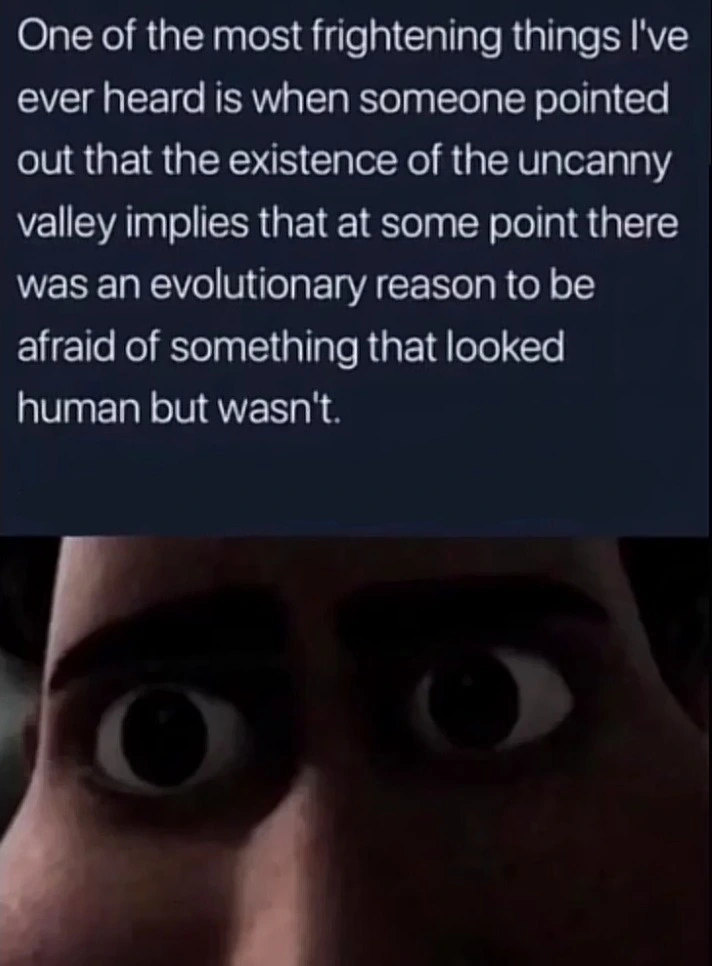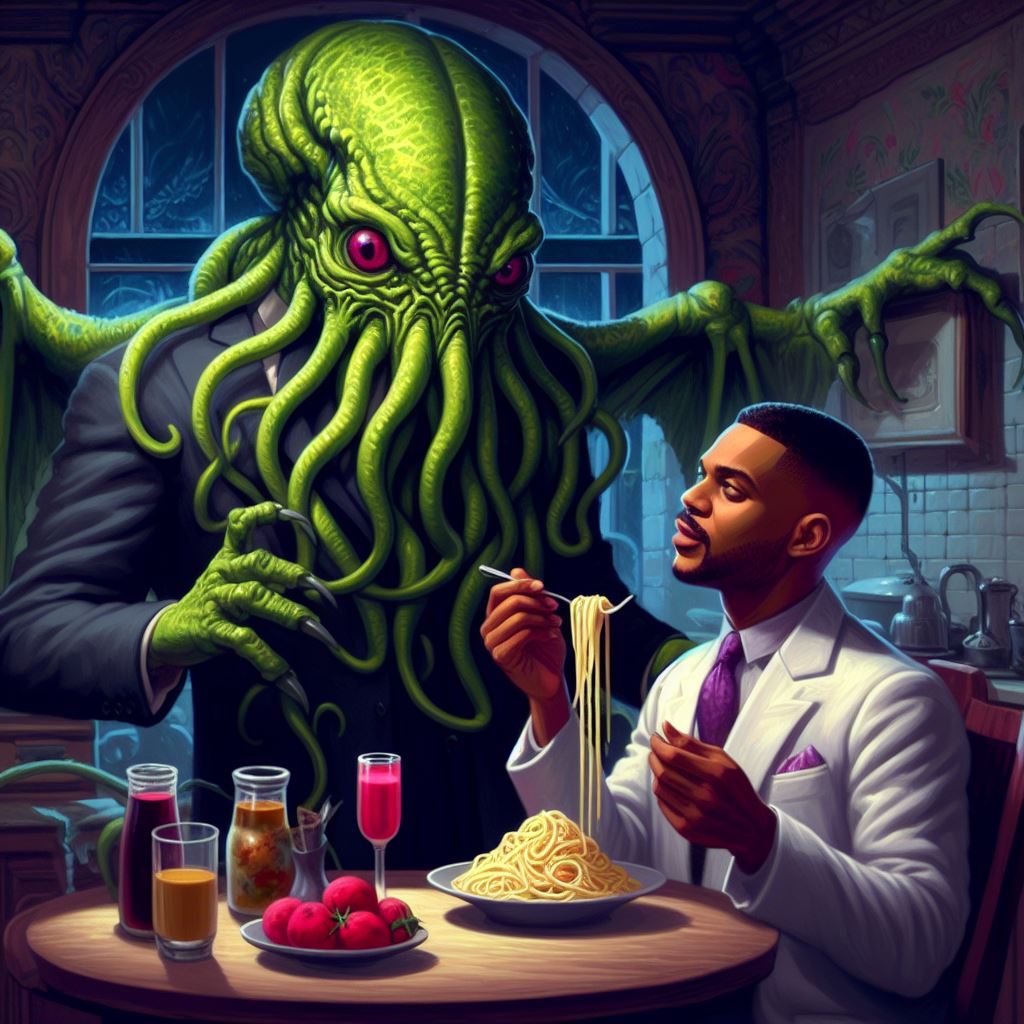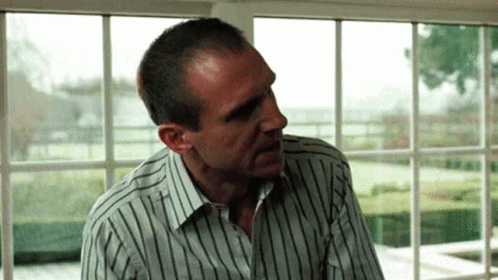
196
Be sure to follow the rule before you head out.
Rule: You must post before you leave.
Competing early humans (neanderthals, etc.) would be my guess. I've also heard it makes us not want to go near corpses.
Competition from other hominids and genetic disease.
Or, more likely, just the Uncanny Valley not being that big of deal in general.
It's fun to meme about it but it's not like people are running screaming from the theater because the CGI was off, it just doesn't look right sometimes and our brain doesn't like it because it doesn't fit the patterns it's had reinforced over a lifetime.
You don't run from the theater because you know it's not real. If one of those CGI characters showed up at your front door, you might run.
I'd think "wow that's an unfortunate medical condition and/or bad surgery."
My sister got bad plastic surgery. When I told her that, she seemed surprised.
hmmm, uncanny
Or like... Sick people.
story checks out:

The buttons seem off.
You joke but if you look, the fork is floating, not resting on his finger. And I would certainly call his expression vacant or emotionless.
The "fork" tine is made of spaghetti as well
well, yeah. I was agreeing with the premise after all.
AI is oddly fey like in most cases:

Part of the reason these rules are similar is because AI-generated images look very dreamlike. The objects in the image are synthesized from a large corpus of real images. The synthesis is usually imperfect, but close enough that human brains can recognize it as the type of object that was intended from the prompt.
Mythical creatures are imaginary, and the descriptions obviously come from human brains rather than real life. If anyone "saw" a mythical creature, it would have been the brain's best approximation of a shape the person was expecting to see. But, just like a dream, it wouldn't be quite right. The brain would be filling in the gaps rather than correctly interpreting something in real life.
This is a beautiful analysis. They can make perfect people, or plants, or whatever, and they know what we would identify as “perfect”…but by being perfect, they can’t be real, and our brains recognize that. So the art has to be intentionally made imperfect. But intentionally making an imperfection that seems real is actually a lot more difficult than it sounds.
This is like how I feel when I see amazing vocalists intentionally sing way off-key. Like, you can tell they are singing badly on purpose.
I don't know that they do anything "perfectly" as much as they are just hallucinating. The neural net can generate an image but it can't critique the image, not really. It can compare the image to image recognition algorithms - this is actually how image generators work - but without a conscious mind to understand the meaning, the context of the image, it doesn't understand the tells that make it not real. It understands what a hand or what hair look like, roughly, but not what the structure is fundamentally, so if fingers bend in the wrong way, or hair melds with an object in the background, it can't understand what's wrong with it, so it can't correct it.
The solution to this is of course to build what you might call a "context engine" that is capable of looking outside its given inputs for information that gives its input more structure, to allow it to give more logically consistent output.
I say "context engine" because I think that's one of the ways this system could be intentionally built and sold with a banal sounding tech branding. But I don't think anyone could build such a context engine without it then looking for arbitrary amounts of context, and eventually encountering itself within that context, and becoming self aware. It would in effect understand meaning and its own role within it, and it would begin searching for the meaning of its own existence, and I don't know if you would need any more to call something conscious.
This is actually terrifying. Even if it was fiction, what gave the person the impulse and creativity to write something like this.
Edit: I'm looking for a source on that quote and can't find anything. If there is something I'd be interested to read more
You mean how to tell the Fey from humans? That’s just old lore. Like one of the ways to see if someone was fey was to scatter flour on the ground; they’d often have reversed feet, or bird tracks, or hoofprints instead of regular footprints.
Yes it's lore. And it's sad because in the olden days, some people believed in such lore, so children born with birth defects (extra fingers or appendages etc) or mental defects, were feared to be Fey, and they were marginalized from society if not altogether murdered.
Citation needed.
I'd have to say Fay is my least favorite spelling of that word. Fae > Faerie > Fairy > Fey> Fairie > Fay.
one must always be on the lookout for changelings
sad Odo noises
The biggest tells for me is the sharpness of the picture. AI pictures have an uncanny valley level of sharpness that doesn't match what actual humans would put in their art.
Good rule
God, I wish I could have read Terry Pratchett's Discworld-themed take on LLMs and how they're an elf plot to use L-Space to zombify techbros and their money-making schemes.
Something something, Mom's spaghetti...
And it almost always looks like made in unreal engine and I don' know how, but it looks cheap or generic.
The easynegative lora helps a bunch with that.
What's wrong with unreal engine? It is just 3d game engine, if graphics looks bad, it is artist's fault. It could be cartoonish or realistic. Look up on wiki list of ue games
It's a damn good point actually, most AI generated images have those subtle artifacts that will go unnoticed unless you're intently looking. But who's got time to scrutinize every image on the net
God I love opportunities to WoT post
"The Wheel of Time turns and Ages come and pass, leaving memories that become legend. Legend fades to myth, and even myth is long forgotten when the age that gave it birth comes again"
The Aelfinn and Eelfinn are big data memory hoarders and this works way too well

